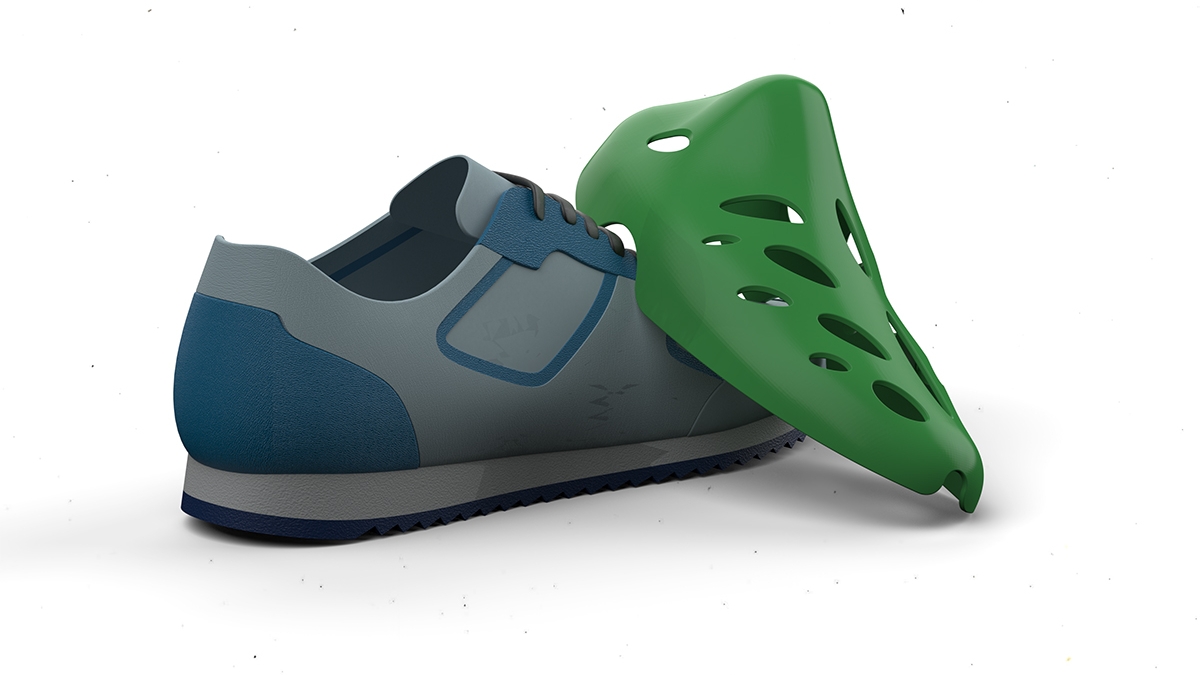
The OlivePit project uses olive pits to create eco-friendly shoe shapes that can be composted at the end of their life. This project brings together PIEP — Innovation in Polymer Engineering and the companies Safiplás, Sovena, and Flexaco, and should launch the product on the market this year, making “the seed last over time in a product with added value,” according to Bruno Silva, the Circular Economy and Environment Coordinator at PIEP.
The olive pits left over from Sovena’s olive oil production are combined with a biopolymer and thus give rise to “new, eco-sustainable, value-added products”, according to Bruno Silva, highlighting that the pits are usually discarded or used as biomass. and that the shapes that people put inside shoes so they don’t deform while they are stored are typically made of wood or plastic.
PIEP researchers already incorporate 25% of the seed into the new material and are working to increase the percentage to 30%. The biopolymer is also being worked on so the new material can be compostable only in 60 days.
The shape design is based on ecodesign, using the smallest possible quantity of the new raw material. Flexaco is involved in the production of the biopolymer composition with olive stones and Safiplás, with polymer injection processes, is responsible for producing the molds.
The new shape is intended to have the necessary flexibility and resistance so that, when placed inside the shoe, it provides adequate support. At the end of its life cycle, it is expected that it can be placed in the compost container and, in this way, enter the recovery cycle again, which can lead to fertilizers.

